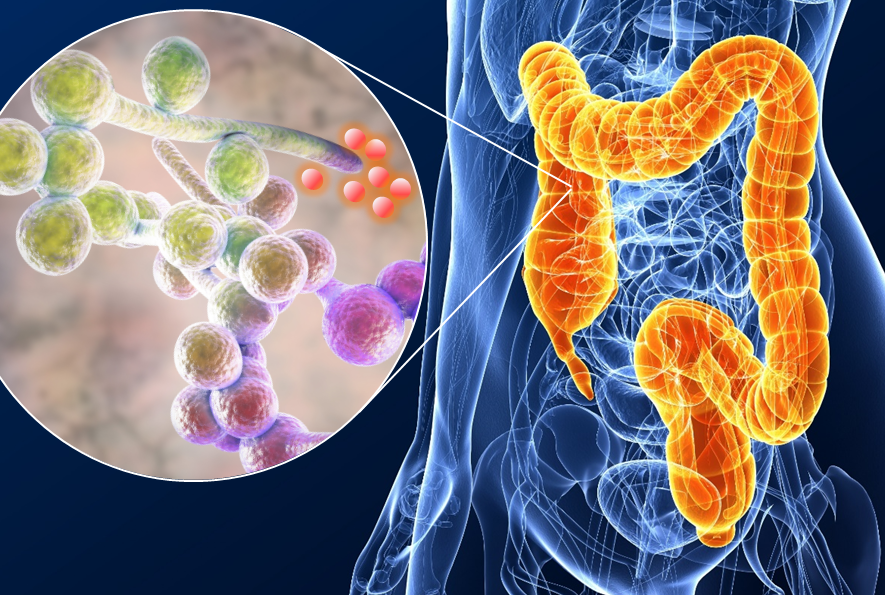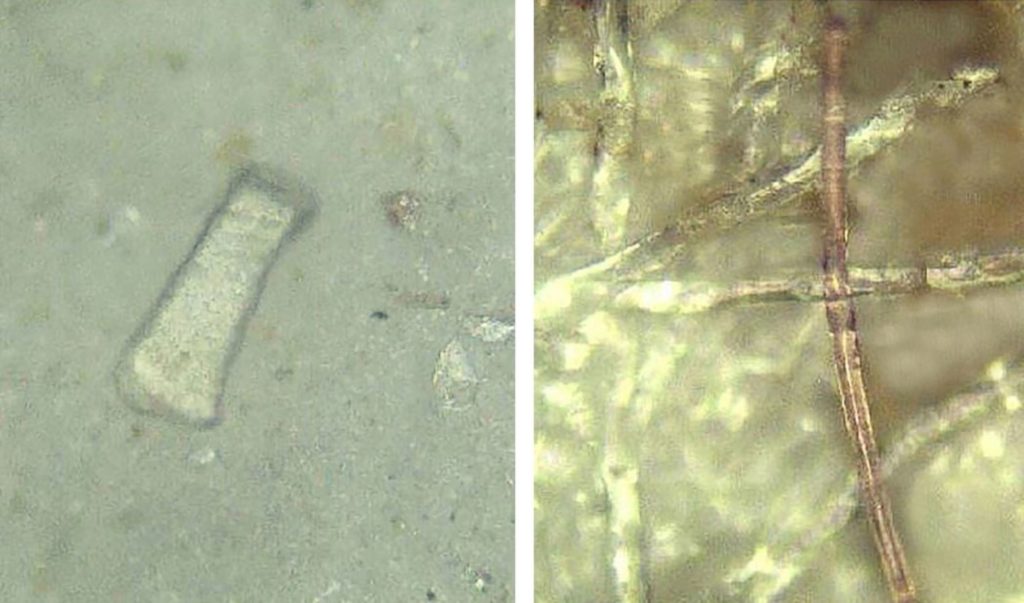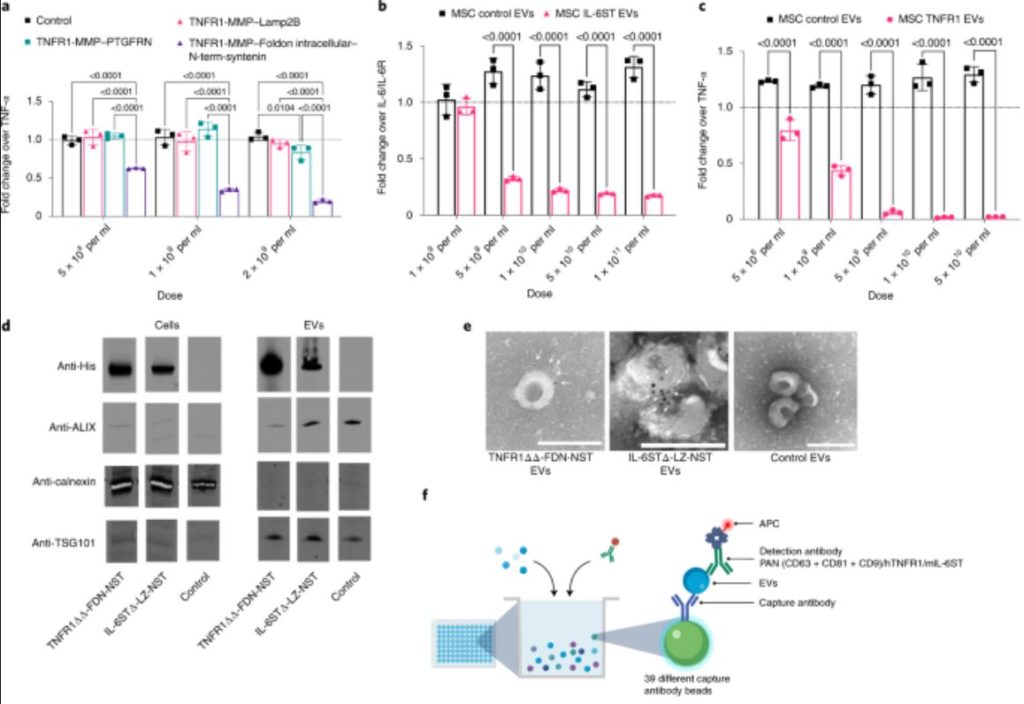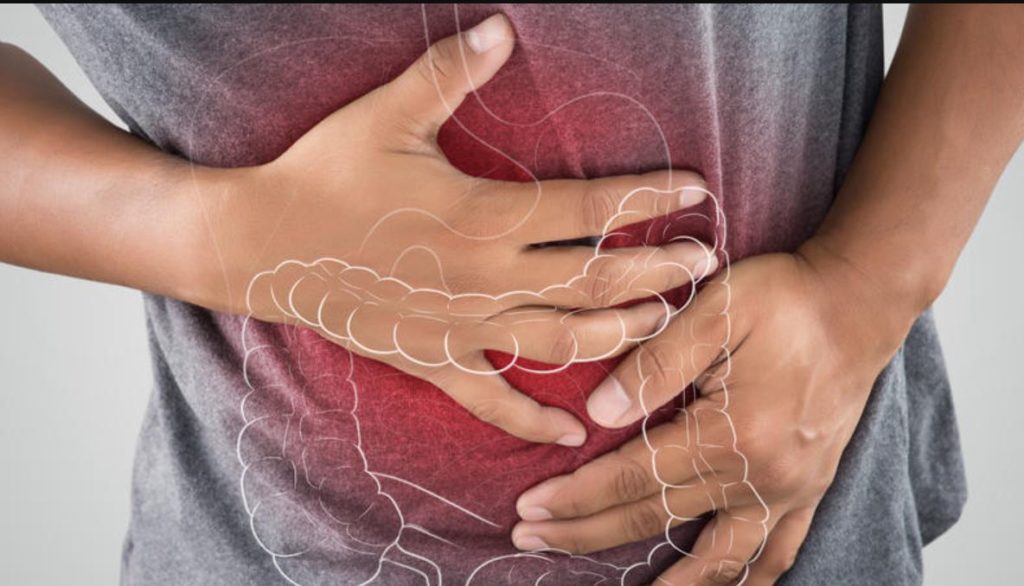
Individual Candida albicans yeast strains in the human gut are as different from each other as the humans that carry them, and some C. albicans strains may damage the gut of patients with inflammatory bowel disease (IBD), according to a new study from researchers at Weill Cornell Medicine. The findings suggest a possible way to tailor treatments to individual patients in the future.
The researchers, who report their findings March 16 in Nature, used an array of techniques to study strains, or genetic variants, of Candida f...
Read More









Recent Comments